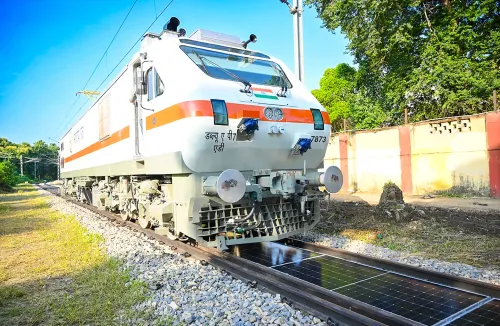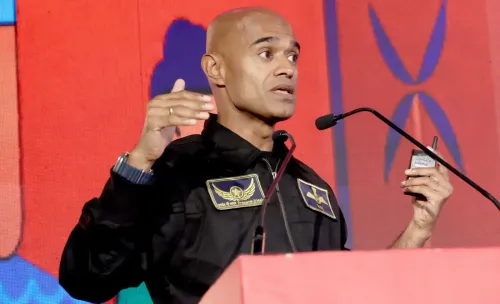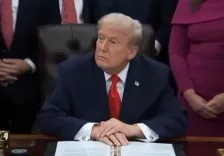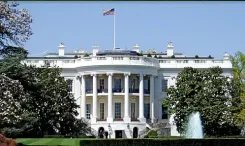Could SoftBank's Son Revolutionize Tech Investment with a $300 Billion US-Japan Fund?
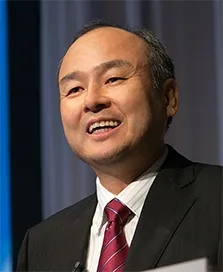
Synopsis
Key Takeaways
- SoftBank's proposal could revolutionize tech investments.
- A joint fund of $300 billion is being considered.
- The fund aims to enhance US-Japan economic ties.
- Retail investors may have opportunities to invest.
- Strategic discussions on AI infrastructure are ongoing.
New Delhi, May 25 (NationPress) SoftBank's visionary leader, Masayoshi Son, has allegedly put forth a proposal to establish a substantial US-Japan sovereign wealth fund aimed at investing in innovative technology and infrastructure.
As reported by the Financial Times (FT), Son presented this initiative to US Treasury Secretary Scott Bessent.
Although the proposal has yet to be officially submitted, it is progressively gaining momentum in light of the increasing efforts to redefine the economic and technological relationship between the two nations.
The anticipated fund could necessitate approximately $300 billion in initial capital and leverage significant financial resources to enhance its investments, according to the report.
This fund would be collaboratively owned and managed by the US Treasury and Japan’s Ministry of Finance, with both parties holding substantial shares.
There are also prospects for including limited partners, potentially allowing retail investors from both nations to engage.
This initiative arises as Bessent is reportedly exploring new revenue channels for the US Treasury without imposing higher taxes.
The FT article indicates that the fund may serve as a viable solution by generating long-term returns through strategic investments.
However, no formal announcements have been made as of yet.
Earlier this year, Son had a notable meeting in Seoul with Samsung Chairman Lee Jae-yong and OpenAI chief Sam Altman.
The trio deliberated on AI strategies and possible partnerships, including the ambitious $500 billion Stargate project aimed at establishing advanced AI infrastructure in the US.
Son conveyed to reporters in Seoul that the discussions were "very productive" and centered on the future of AI and mobile technologies.
"I will provide an update on the Stargate project and potential collaborations with Samsung Group," Son stated.
He also praised South Korea's technological capabilities and its engineers while emphasizing the increasing significance of AI worldwide.
Although no formal agreements were reached during that meeting, Son indicated that further discussions would ensue, including talks on potential involvement from companies like SK hynix.


